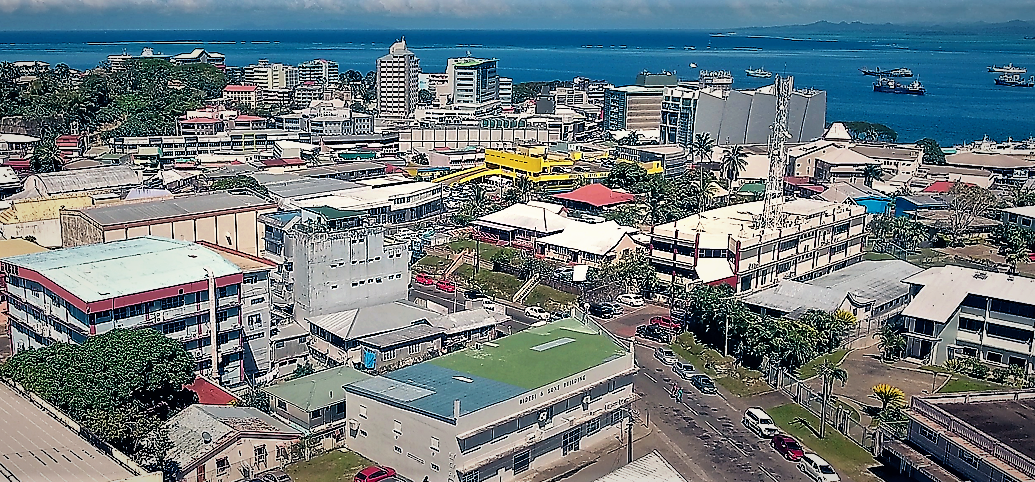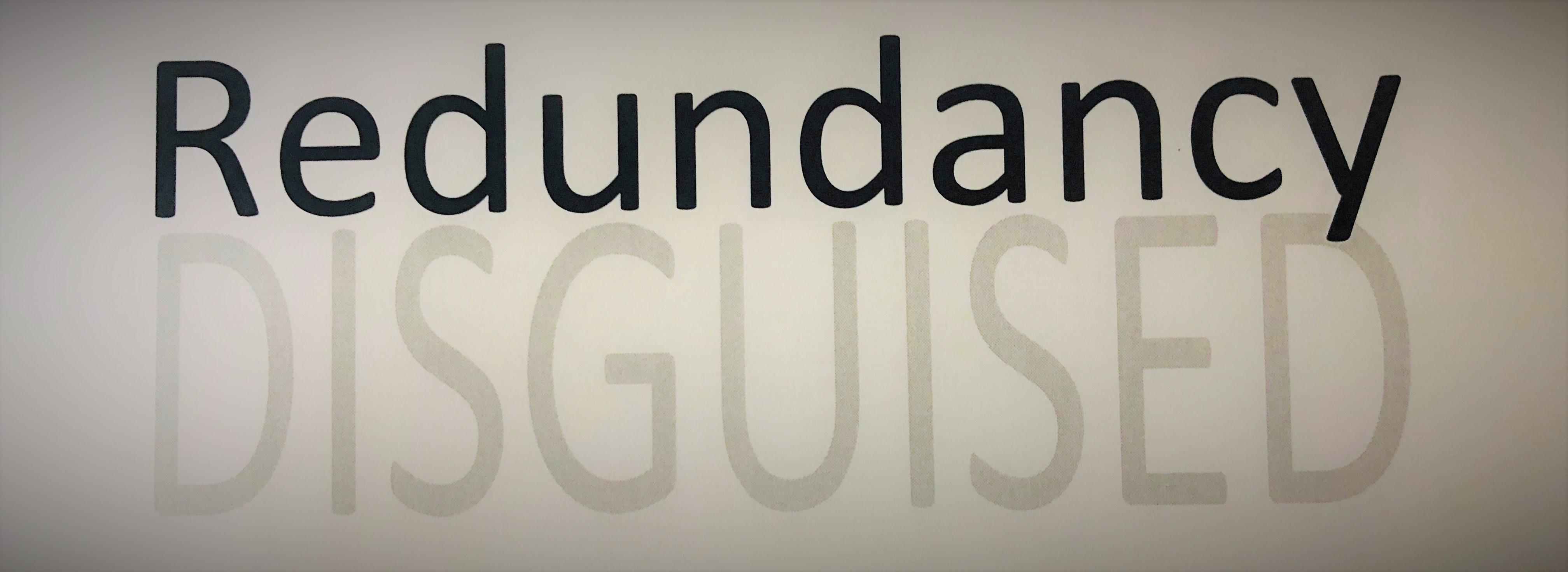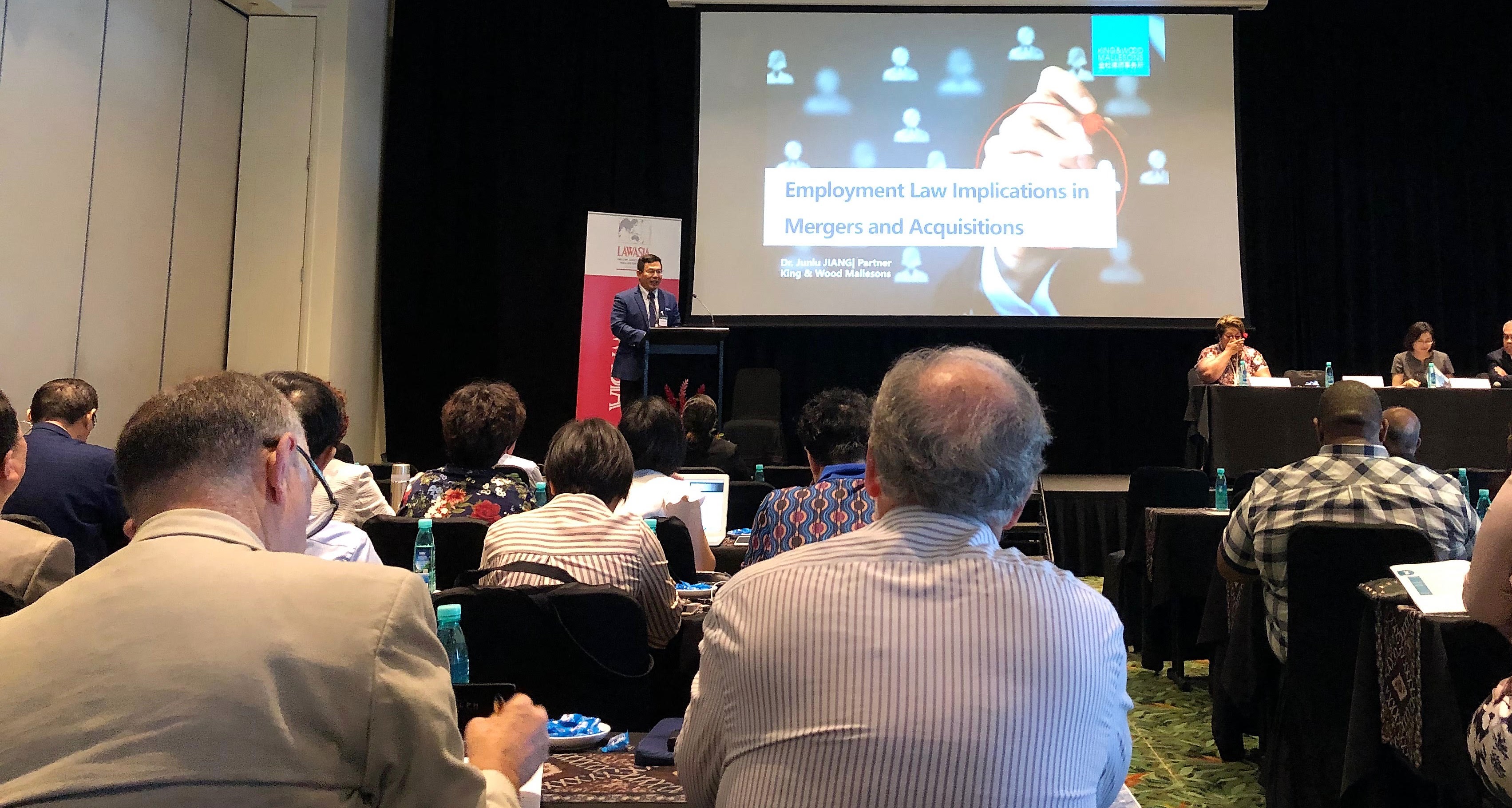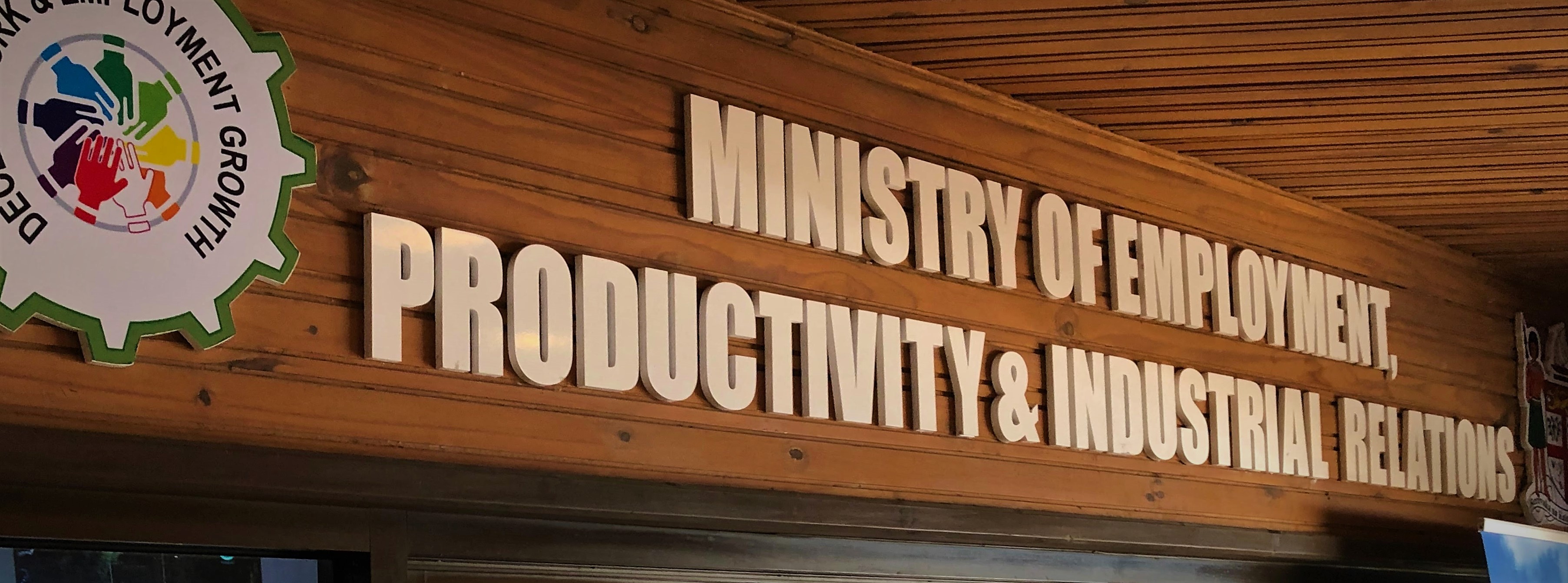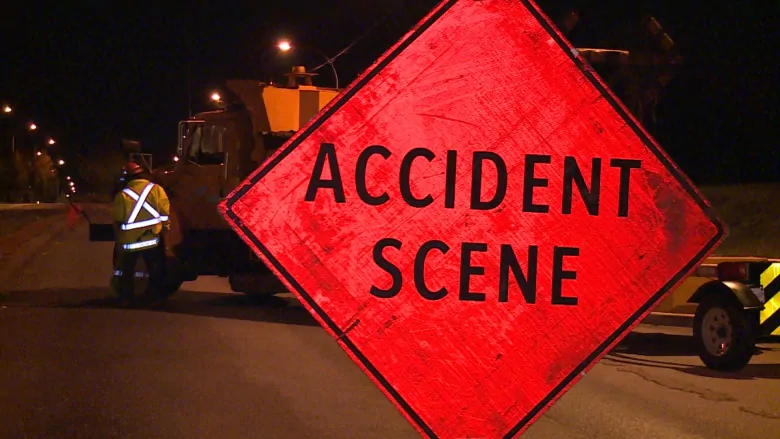The Fiji government's response to the public health crisis posed by Covid-19 has been swift, and remarkable. At the time of writing this response based on WHO advice has reduced the known cases of Covid 19 in Fiji to 3 active cases bringing the number down from a peak of 18. This is a notable achievement, but Fiji's success has come with a steep economic cost.
In our firm's guidance to employers on 18 March 2020 (available here) published just before Fiji confirmed its first Covid-19 case, we noted that employers and employees may find solutions together to respond to the unprecedented situation. This is based on the premise that employers and employees have the option to work together in good faith to find compromises to employment relationships within the law. The unfortunate reality is that if an employer cannot afford meet wage obligations then employment will end for one reason or another. A little over 2 months after Fiji's first Covid-19 case many of us are aware of a number of Fiji employers who have had no choice but to terminate employment contracts, follow redundancy processes or seek to reduce wages. In exercising all of these options the employer still has the duty to act in good faith.
On 28 May 2020, the Government of Fiji introduced a Bill before the Parliament of Fiji, Bill No. 12 of 2020, that has passed into law as the Employment Relations (Amendment) Act 2020 (“Amendment”). The Amendment has changed Fiji's employment law with the aim of addressing difficulties faced by businesses due to COVID-19. The intention behind the Bill was explained in the explanatory note to the Bill as “to provide for a more realistic work environment which enables the sustainability of jobs and businesses, and to clarify the meaning of “an act of God” in the Act during the COVID-19 period”.
This commercial law update outlines some of the major changes that this Amendment has made to the law, and how it relates to other sections of the Employment Relations Act 2007 (“ERA”) such as termination of employment and redundancy.
This article is for information purposes only and is not and should not be relied upon as legal advice. We strongly recommend that any employer or employee concerned about an employment law problem or issue should seek legal advice.








